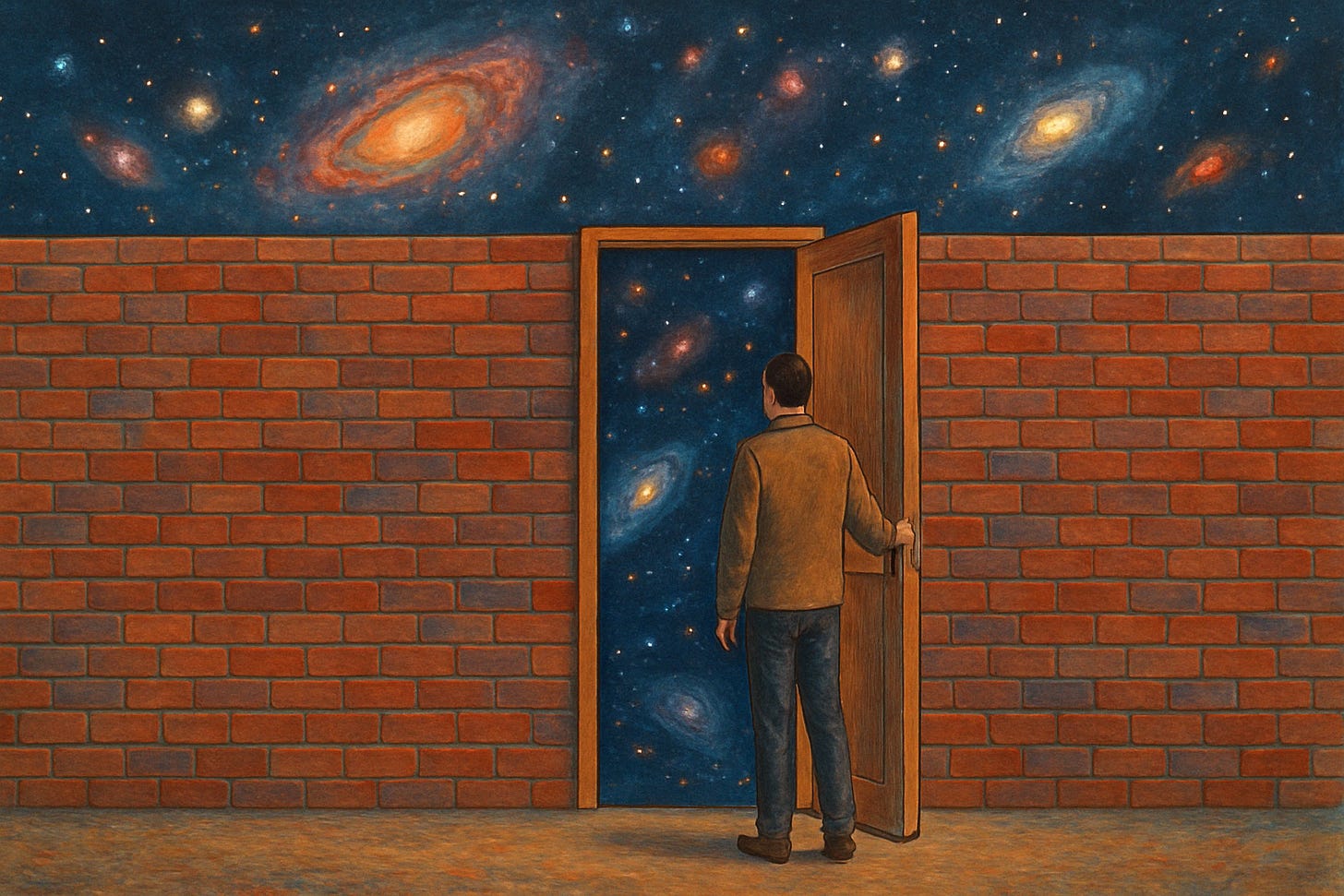The Deutschian Dead End Is Wide Open
There is no dead end at the beginning of infinity.
When I came across The Deutschian Dead End via Increments Podcast, I was intrigued. Critical rationalism and the work of David Deutsch are all about error correction. For someone to identify and correct errors in those theories would certainly represent an advancement in our understanding of how to foster the creation of new knowledge.
Alas, I found none of that in the essay.
I intended to write a step-by-step critique, but after listening to Vaden’s pushback on Increments and Brett Hall’s commentary, I don’t think that’s necessary.
But here’s something I want to add. A great part of the essay criticizes the behavior of a group of people Kasra, the author, refers to as “critical rationalists”. I haven’t had much exposure with this community, but from the way Kasra describes it I get the impression it is a mostly online group of folks that seem more interested in dunking on socials than in making progress.
That, to me, has little to do with the work of Popper and Deutsch.
If someone reads Conjecture and Refutation or The Beginning of Infinity and comes out of it thinking that Popper and Deutsch are authorities to be followed, they completely missed the point! The problem lies with the readers, not the authors.
Granted, an author might intentionally develop a theory prone to such misinterpretations, but that’s not the case.
David Deutsch and Karl Popper are anti-authority to the core.
David often refuses to give advice in interviews because he does not consider himself in a position to tell the listeners what to do. And Popper, in his Epistemology and the Problem of Peace lecture, warned the audience:
But I would also ask you not to believe anything that I suggest! Please do not believe a word! I know that that is asking too much, as I will speak only the truth, as well as I can. But I warn you: I know nothing, or almost nothing. We all know nothing or almost nothing. I conjecture that that is a basic fact of life. We know nothing, we can only conjecture: we guess.
One does not need to “follow” Deutsch or “believe” in Popper. They work in the realm of ideas, not ideologies.
That Kasra missed the crucial distinction between the ideas themselves and how some readers misinterpreted them puts the entire essay on shaky grounds. It seems more a vent than an effort to provide a critique.
As far as I’m convinced, David Deutsch’s work is no dead end. It remains the beginning of what could be infinity, waiting for someone to genuinely improve upon it.


